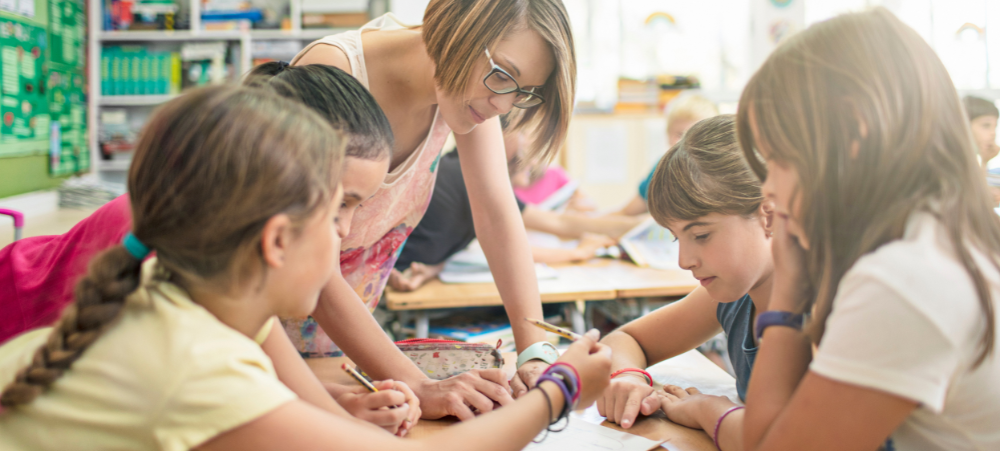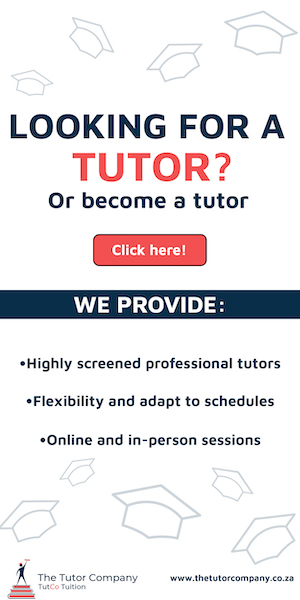Adequate awareness, interpretation and use of sensory information is the cornerstone of all learning and behaviour. Some sensory deficits are easy to recognise, such as poor vision or hearing. Other difficulties are less easy to interpret, as they may result from difficulty with processing stimuli through movement, touch, pressure, position and gravity receptors. Some children may have adequate hearing, smell and eyesight but have trouble with using visual, auditory and olfactory information for function. Sensory Integration is the organisation of sensations for use. The brain locates, sorts and orders sensations- somewhat as a traffic officer directs moving cars. This enables interpretation of our surroundings and helps us form adaptive responses that form the foundation for behaviour and learning. When the flow of sensations is disorganised every second of one’s life can be like a rush hour traffic jam! Messages get jumbled and some don’t reach their destination at all. Improving sensory integrative functioning is like inserting traffic lights that order and control streams of traffic, organising the tangle of cars and roads, and helping the child predict what to do when the traffic gets really bad. School environments can be overwhelming to children with Sensory Processing Disorder (SPD) due to the enormous quantity and variability of incoming sensations. Common difficulties experienced by children with SPD include delayed development of activities of daily living (such as going to the toilet, putting on shoes), delayed milestones, poor fine motor coordination, poor gross motor coordination, poor posture, restlessness, clumsiness, difficulty socialising, anxiety and low self confidence, poor concentration and attention, poor impulse control, avoidance of play ground, very rough play, very active, very labile, slow work speed, difficulty learning letters and numbers, poor handwriting, difficulty with spatial orientation, difficulty following instructions, distractibility. These are only some of the problems that are most frequently experienced by children with minor or major sensory integrative difficulties. Each child’s symptoms, behaviour and academic ability is different. A closer look at how our senses process information: Vision Organ-Eyes Must be able to detect light and movement Must be able to follow moving objects Must be able to focus on one object Must be able to work together or separately (usually 1 eye dominant Visual processing Transmission of visual input to Occipital lobe in brain where information is interpreted. Manipulate visual concepts (figure ground, visual closure, spatial relations, position in space, form constancy) Integrate visual information with movement (Eye hand coordination, visual motor speed, copying) Filter and ignore non-pertinent, non-threatening information. Hearing Organ- Outer ear, middle ear (ear drum, ossicles), inner ear (Cochlear) Must be able to detect sound Must be able to interpret sound into meaningful information Must be able to accommodate according to noise Auditory processing Transmission of sound to Temporal Lobe and formation of adaptive response Discrimination between loud and soft/high and low/far and near Speech and language reception and expression Filter and ignore non-pertinent, non-threatening information Integration with movement impulses (semi-circular canals in inner ear) Connection with arousal and attention levels Position and movement Organ- muscles & joints Proprioceptive processing Transmission of information about position and movement of our bodies to the brain stem and cerebellum Automatic adjustment of posture and appropriate contraction/relaxation of muscles Enables subconscious awareness of the position of our limbs in space, and therefore provides foundation for any coordinated movement for function. Predicts self-orientation, self-awareness and in many cases interest and satisfaction in tasks. Gravity, Head Movement & Balance Organ- Semi-circular canals and otoliths in inner ear Vestibular processing Transmission of information about vibration and gravity (Otoliths), movement, acceleration and position of the head (Semicircular canals) to the brain stem, cerebellum and cerebrum. Interpretation of exactly where we are in relation to gravity, how fast we are going, and in what direction. Enable subconscious adjustments needed for balance, posture and movement Interaction and integration with all other impulses travelling up and down the spinal cord. Major influence on emotional and social responses, self regulation, arousal and concentration, self esteem, anxiety etc Types of sensory responses High threshold- need more sensory information than others to experience the same sensation. Child may present as lethargic, disinterested, weak, and spaced out (low registration). Child may present as very active, have poor motor planning, touches things, moves/spins/jumps etc., likes heavy blankets/tight clothing, inattentive, restless, rough during play. Both types are associated with poor body concept, difficulty with fine and gross motor skills, poor self-confidence. Low threshold- are more easily stimulated by sensory stimuli, need less input than others to experience same sensations. Child may present as anxious, avoidant, difficulty eating, poor motor planning, dislike of being messy, behaviour deteriorates in noisy environments, dislike of change, difficulty with attention and concentration, tantrums Common categories of SPD Dyspraxia Bilateral Integration and Sequencing Visual Praxis Modulation (Over-responsive/Under-responsive) What to do for kids with SI difficulties: Be patient. Kids with SPD take longer to develop thing even though their cognitive function may be normal. Allow more time for individuals with SPD to complete tasks (including going to the toilet, understanding a new concept etc.,) within appropriate classroom boundaries. Help them deal with frustrations and difficulties experienced as a result of SPD. Children with SPD often appear naughty, aggressive, oppositional and disengaged and are often associated with hyperactivity. These behaviours are the outcome of deregulation on an electro-chemical level in the brain. Use positive reinforcement for desired behaviours, and accommodations to make the environment more user-friendly’ to the SPD child. Provide a space that is quiet, dark and uncluttered for SPD kids to utilise as a regulatory tool. Explain that this is not a time-out space which is associated with bad behaviour, but a way to help our brains organise themselves again. Tents work well or you can use a desk with a blanket over it or a quiet room. Provide ample opportunity for movement. Engage SPD kids in taking messages, moving furniture, handing out books etc. Encourage SPD kids to engage in active play during break times. Seat SPD kids in the least distracting place in the classroom.



































